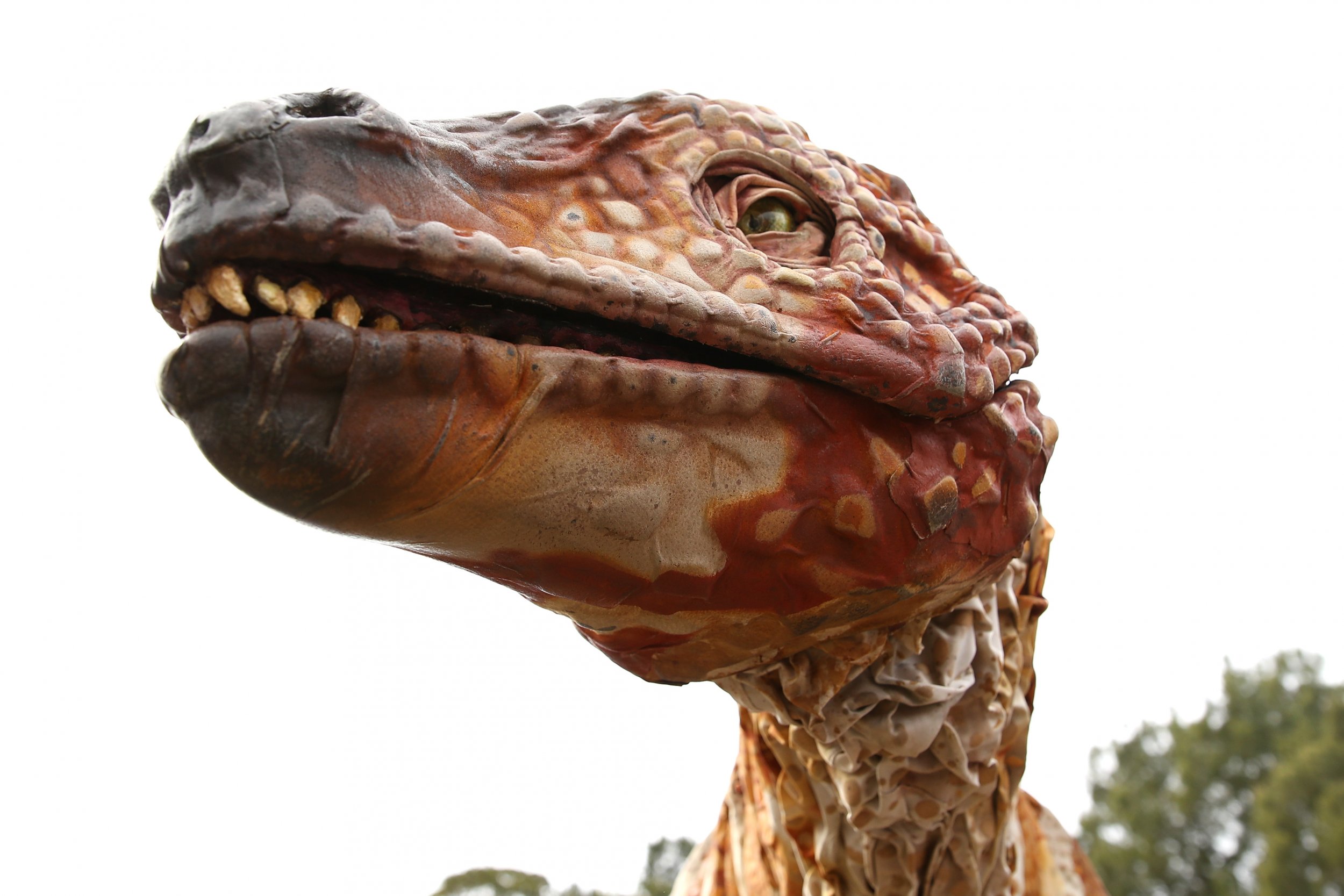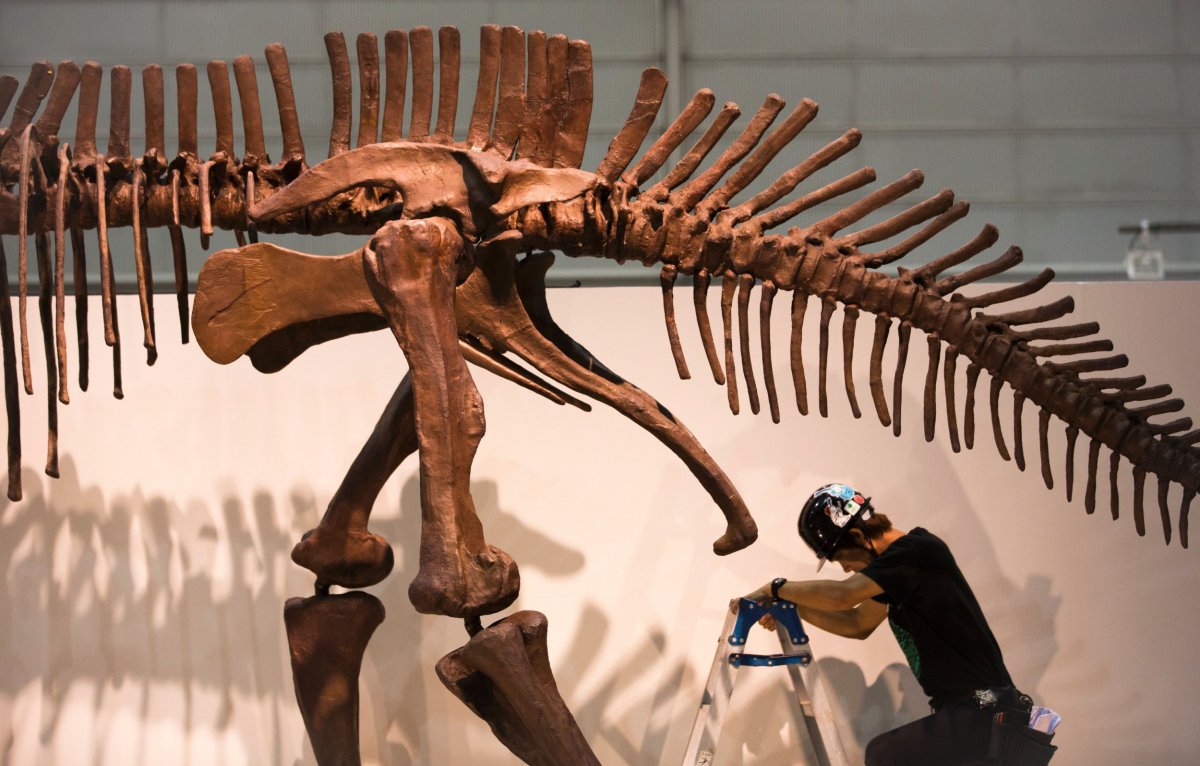
Waking up early and feeling the rays of sunshine on our faces may be commonplace now, but scientists believe there was a time when most mammals were nocturnal and not afraid of wasting the daylight hours. A new study traces the beginning of many mammals' diurnal lifestyle, which basically means active during the day, to a time shortly after the dinosaurs went extinct.
The first mammals evolved long before dinosaurs went extinct and evidence suggests that early mammals remained small and nocturnal—perhaps to avoid being eaten by the large beasts. Linking the switch of many mammals to a diurnal lifestyle with the demise of the dinosaurs could make sense since grazing and hunting in daylight would have become a safer practice once dinosaurs were wiped from the Earth.
"We were very surprised to find such close correlation between the disappearance of dinosaurs and the beginning of daytime activity in mammals, but we found the same result unanimously using several alternative analyses," said study co-author Roi Maor, Ph.D. student at Tel Aviv University and University College London, in a statement.
For the study, published in the journal Nature Ecology & Evolution, Maor and fellow researchers from the University College London in the United Kingdom analyzed data from 2,415 animal species that are still around using computer algorithms to identify how species behaved millions of years ago.
Related: Dinosaur Extinction Asteroid Delivered Cancer-Killing Metals to Earth
The team used two different family trees of mammals to detect differences in the timelines of how animals evolved. They found that both became active during the day not long after dinosaurs left the earth.
As the researchers note, the switch from night to day activity didn't happen overnight. Instead, mammals adopted activities that took place both during the night and day, which was spread out over millions of years. This corresponded to events that wiped out the dinosaurs.

Additionally, the team discovered that mammals who eventually turned into simian primates, which are our evolutionary ancestors, like monkeys or apes, were the first to give up their night owl ways. The team believes their findings make sense, especially given that simians now have excellent day vision, compared with other mammals.
However, the authors explain that we can't assume that the dinosaurs' demise directly caused the change.
"It's very difficult to relate behavior changes in mammals that lived so long ago to ecological conditions at the time, so we can't say that the dinosaurs dying out caused mammals to start being active in the daytime. However, we see a clear correlation in our findings," study co-author Kate Jones, of the University College London, said in a statement.
Of course our modern lifestyle relies on being active during the day (otherwise there'd be no brunch). But the reasons our ancestors gave up their night life are less clear. One theory, according to Adrian Tejedo, a research associate at the American Museum of Natural History, ties to our appetite. He says that early simians may have been predisposed to eating vegetation that is easier to detect in the day than at night.
While you may curse that shrill morning alarm, there's no turning back now—we've evolved not to be creatures of the night as our bodies produce more melatonin at night, which makes us sleepy. Plus, there are definitely benefits to seeing the sun: it helps boost mood and could keep our weight down.
Uncommon Knowledge
Newsweek is committed to challenging conventional wisdom and finding connections in the search for common ground.
Newsweek is committed to challenging conventional wisdom and finding connections in the search for common ground.
About the writer
Melissa is a science writer covering health for Newsweek and has contributed to Inc., Dr. Oz The Good Life, Men's Fitness, Marie Claire and others. She earned ... Read more
To read how Newsweek uses AI as a newsroom tool, Click here.








